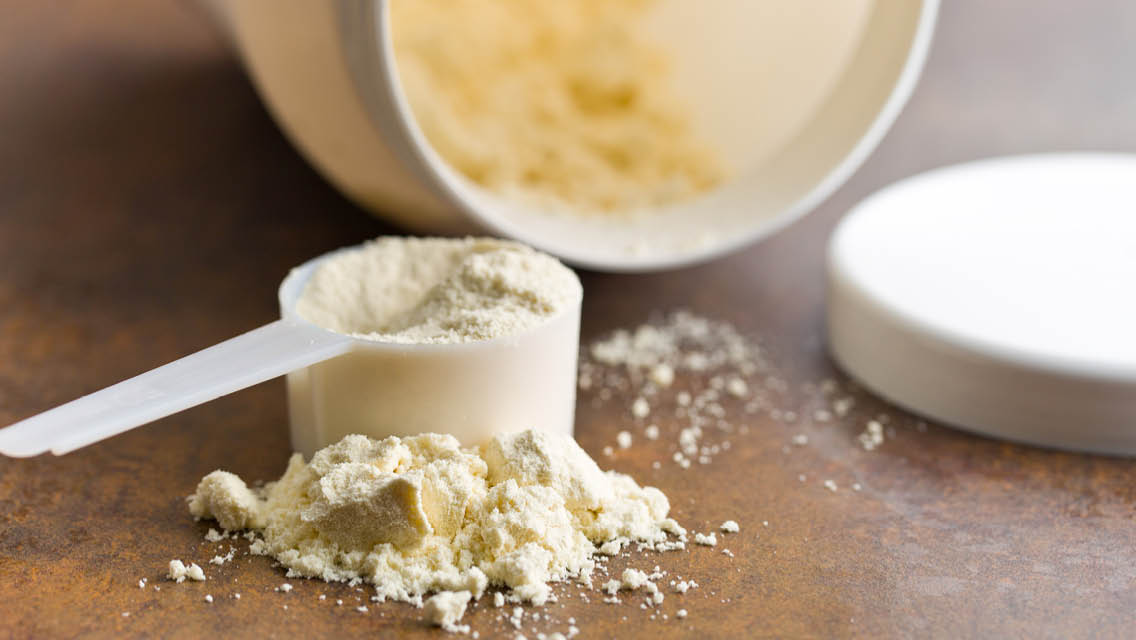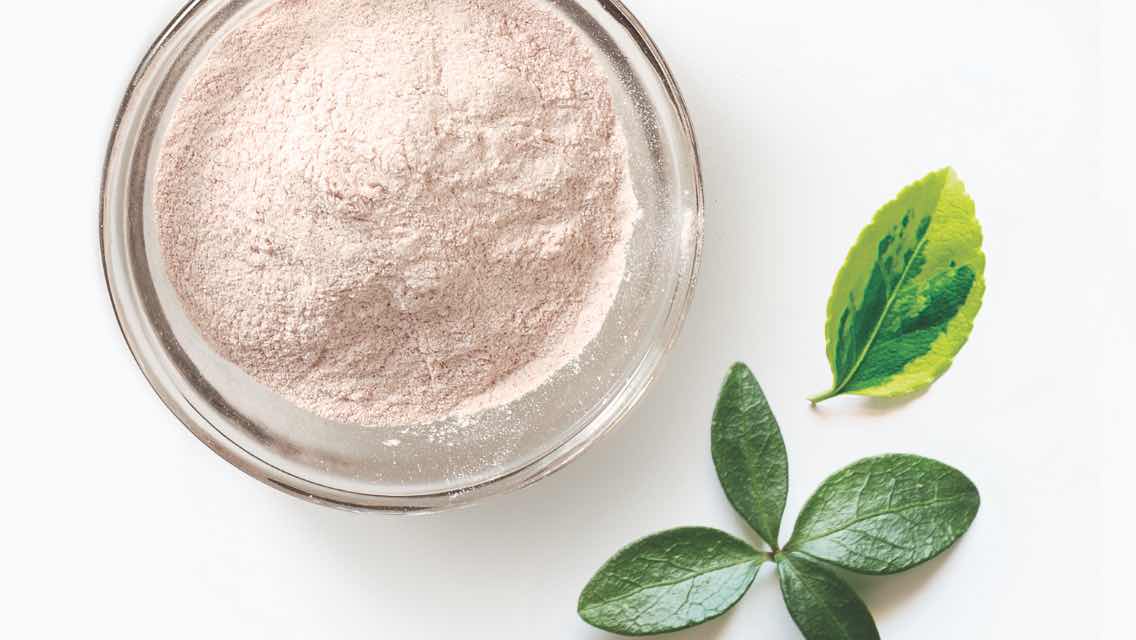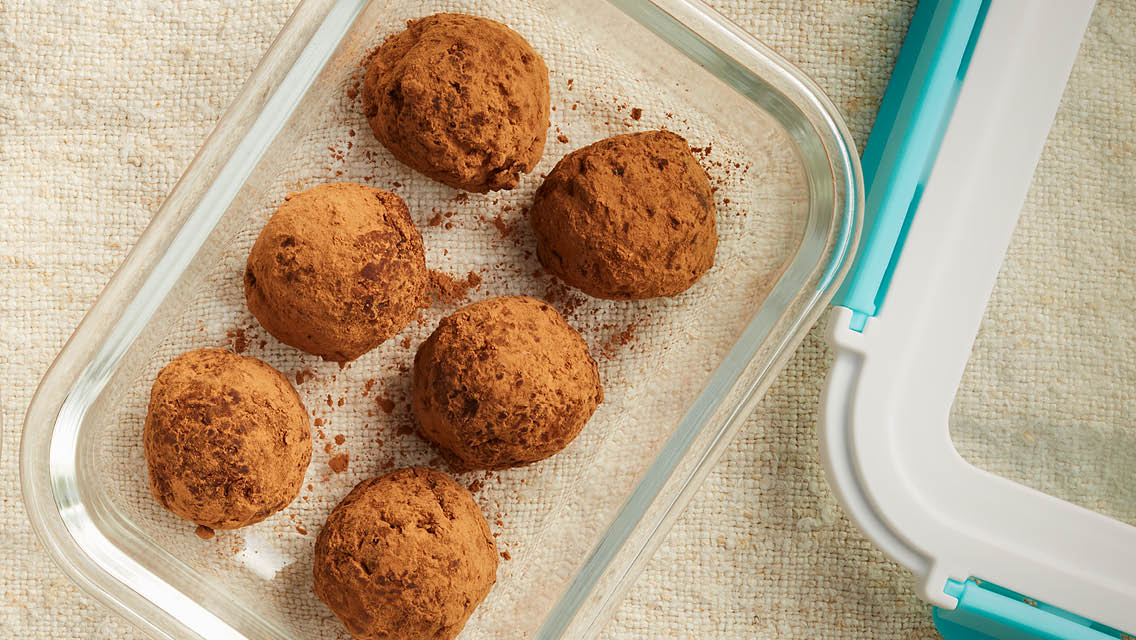Plant-based athlete or not, determining your protein needs can be confusing. Depending on who you ask, you’ll hear that you’re not getting enough protein — or you’re getting too much. Or you need to time your protein intake better, or you’re not eating the right kinds. Nutrition experts break down what you need to know about protein to eat well, feel well, and perform well on a plant-forward diet.
How much protein do athletes need?
Athletes performing moderate amounts of intense training should consume 0.45 to 0.68 grams per pound of body weight daily, according to the International Sports Society of Nutrition (ISSN), while those involved in high-volume intense training should increase their intake to 0.68 to 0.9 grams. Some research suggests that even higher protein intake may improve body composition in resistance-trained individuals.
“Athletes and people who put their body through more physical stress increase their rate of protein turnover (breakdown and rebuilding), so their protein needs can be about twice the amount, or more, of the RDA,” says Paul Kriegler, RD, nutrition program manager for Life Time.
Do plant-based athletes need more protein?
There are some distinctions between animal and plant sources of protein. Kriegler notes that because plant-based protein sources have a lower amino-acid content than animal products, some people following plant-based diets may not consume enough amino acids to support muscle growth.
Because of this, plant-based athletes might need to eat more total grams of protein than those consuming animal products.
What are the best plant-based sources of protein?
Protein’s support for unique functions — including muscle synthesis, immune function, appetite and sleep, and metabolism — comes from its specific amino acids. Though animal foods offer a more complete amino-acid profile than most plants, eating a variety of plant foods can ensure you’re getting adequate amounts of all of them, says board-certified sports dietitian Kelly Jones, MS, RD.
For example, beans and legumes are rich sources of lysine, which plays a major role in protein synthesis. Leucine, a branched-chain amino acid (BCAA) that triggers muscle-protein synthesis and muscle repair, can be found in soybeans and lentils.
Other BCAAs are found in seeds, tree nuts, and chickpeas. Some, but not all, plant-based meat substitutes can also help support adequate protein intake. (Learn more about the options at “7 Meat Alternatives“.)
| Whole Food | Serving Size | Grams of Protein |
| Tofu | 1/2 cup | 10 |
| Lentils | 1/2 cup | 9 |
| Edamame | 1/2 cup | 8 |
| Black beans | 1/2 cup | 8 |
| Peanut butter | 2 tbs. | 8 |
| Quinoa | 1 cup cooked | 8 |
| Chickpeas | 1/2 cup | 7 |
| Almonds | 1/2 cup | 6 |
| Brown rice | 1/4 cup cooked | 5 |
| Hemp hearts | 1 tbs. | 5 |
| Potatoes | 1 medium | 4.5 |
| Spinach | 1/2 cup cooked | 3 |
| Chia seeds | 1 tbs. | 2 |
Should plant-based athletes supplement with protein?
While it is possible for athletes to meet their protein needs through whole foods, supplementation can help ensure adequate intake. Plant-based protein powders can be particularly useful for athletes involved in high volumes of training.
“While I tend not to encourage protein powders and bars as a main source of protein, they can be helpful when transitioning to a vegan diet, when you haven’t been grocery shopping in a bit, or when making smoothies,” says Jones.
She recommends pea and brown-rice protein blends and choosing a third-party-tested protein powder (preferably NSF-certified for sport or Informed Choice–certified) that contains all of the essential amino acids — especially leucine — in adequate amounts. (For more on choosing the right plant-based protein powder for you, visit “Choosing a Plant-Based Protein Powder“.)
This was excerpted from “Plant-Powered” which was published in Experience Life magazine.





This Post Has 0 Comments